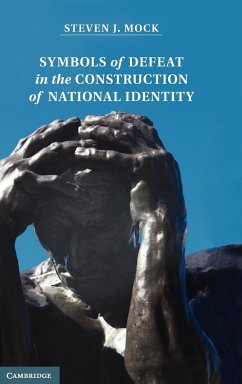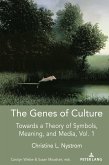If nationalism is the assertion of legitimacy for a nation and its effectiveness as a political entity, why do many nations emphasize images of their own defeat in understanding their history? Using Israel, Serbia, France, Greece and Ghana as examples, the author argues that this phenomenon exposes the ambivalence that lurks behind the passions nationalism evokes. Symbols of defeat glorify a nation's ancient past, while reenacting the destruction of that past as a necessary step in constructing a functioning modern society. As a result, these symbols often assume a foundational role in national mythology. Threats to such symbols are perceived as threats to the nation itself and consequently are met with desperation difficult for outsiders to understand. This book is a comparative study of nations that emphasize images of their own defeat in their country's mythology and sense of history. The author uses examples from Israel, Serbia, France, Greece and Ghana to explore this phenomenon, offering insights on current theories of nations and nationalism.
Hinweis: Dieser Artikel kann nur an eine deutsche Lieferadresse ausgeliefert werden.
Hinweis: Dieser Artikel kann nur an eine deutsche Lieferadresse ausgeliefert werden.
'In this rich account, Mock reinvents ethnosymbolic approaches to nationalism. Deftly navigating between the scylla of postmodernism and charybdis of rational choice, he hits the sweet spot between cultural studies and political science that has often been neglected by methodological tribalists. In bringing cultural sociology to bear on nationalist mythology, he reveals how these core myths serve as a surrogate religion for modern nations.' Eric Kaufmann, Birkbeck College, University of London








